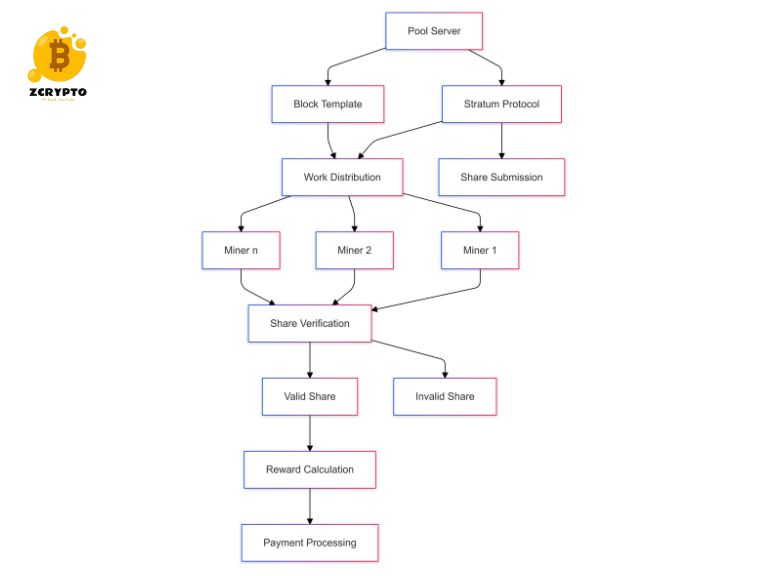Mastering credit is a cornerstone of financial health, offering long-term benefits such as better interest rates, financial freedom, and overall economic stability. Understanding and managing your credit can save you thousands of dollars over your lifetime and open doors to better financial opportunities. In this article, we will draw on the expertise of financial authorities like Gerri Detweiler, Lynnette Khalfani-Cox, and Leslie Tayne to provide you with comprehensive guidance on mastering credit.
- What is Music NFT? Transforming Artist-Fan Relationships
- What is NFT Finance? Market Mechanisms, Infrastructure, and Economic Impact
- How Many Pi Coins Are There?
- Understanding the Corporate Charter: A Comprehensive Guide to Establishing and Managing Your Corporation
- Unlocking Dividend Recapitalization: How Private Equity Firms Boost Returns Through Strategic Debt Financing
Understanding Credit: Its Crucial Role in Personal Finance
Credit is essentially a lender’s trust in your ability to repay borrowed money. It plays a significant role in personal finance because it determines the interest rates you qualify for and the amount of credit you can access. Your credit score, calculated by credit bureaus, reflects your creditworthiness.
Bạn đang xem: Mastering Credit: Expert Guidance for Financial Success
Credit scores are calculated based on several factors:
-
Payment History: Your track record of making payments on time.
-
Credit Utilization: The amount of credit you are using compared to the amount available.
-
Length of Credit History: How long you have had credit.
-
Credit Mix: The variety of different types of credit you have.
-
New Credit: How often you apply for new credit.
Understanding these factors is crucial because they directly impact your credit score. For instance, individuals with excellent credit (scores ranging from 760 to 850) can save or earn significantly more than those with poor credit over their lifetime. On the other hand, poor credit can lead to higher interest rates and reduced financial opportunities.
Establishing Credit: Key Steps for a Strong Foundation
Establishing a strong credit foundation is essential for long-term financial health. Here are some key steps to get you started:
Obtain a Secured Credit Card or Credit-Builder Loan
Xem thêm : Mastering Comprehensive Income: A Guide to Understanding and Maximizing Your Financial Gains
If you’re new to credit, consider obtaining a secured credit card or a credit-builder loan. These tools allow you to build credit while minimizing risk for lenders.
Start Early and Maintain a Long Credit History
Starting early is crucial because the length of your credit history is a significant factor in determining your credit score. Maintaining a long history of responsible borrowing and repayment helps build trust with lenders.
Keep Balances Low and Avoid Frequent Applications
Experts like Gerri Detweiler advise keeping your balances low and avoiding frequent credit applications. High balances and multiple applications can negatively impact your credit score by indicating potential financial instability.
Key Strategies to Improve Your Credit Score
Improving your credit score requires consistent effort and smart strategies. Here are three core principles:
Pay Bills On Time
Payment history accounts for a significant portion of your credit score. Making timely payments is essential for maintaining good credit.
Keep Balances Low
High credit utilization can harm your score. Keeping your balances below 30% of your available credit is generally recommended.
Avoid Applying for Too Much Credit Too Often
Frequent applications for new credit can indicate financial instability and lower your score. Only apply for credit when necessary.
Additional strategies include monitoring your credit reports regularly, disputing any errors, and avoiding negative marks like collections and bankruptcies. Experts like Lynnette Khalfani-Cox emphasize the long-term financial benefits of excellent credit, while Leslie Tayne provides practical solutions for debt management and credit repair.
Credit Truths: Dispelling Common Myths and Misconceptions
There are several myths surrounding credit scores that can mislead individuals. Here are a few common ones:
Checking Your Credit Report Will Lower Your Score
This is a myth. Checking your own credit report is considered a “soft inquiry” and does not affect your score.
Bankruptcy Is Always the Worst Option
While bankruptcy should be avoided if possible, it is sometimes necessary. Proper debt management and restructuring can often prevent bankruptcy, as advised by financial attorneys like Leslie Tayne.
Xem thêm : How to Calculate and Reduce Churn Rate: A Guide for Business Growth and Investor Insights
Understanding these truths helps you make informed decisions about your financial health.
Navigating Credit Issues: Practical Solutions for Common Challenges
Common credit issues such as high credit card debt, late payments, and credit report errors can be challenging but manageable with the right strategies.
High Credit Card Debt
Budgeting and financial education are key to resolving high credit card debt. Consider consolidating debt into lower-interest loans or working with a financial advisor to create a repayment plan.
Late Payments
Late payments can significantly lower your credit score. Set up payment reminders or automate your payments to ensure timely repayment.
Credit Report Errors
Errors on your credit report can negatively impact your score. Regularly monitor your reports and dispute any inaccuracies found.
Experts like Leslie Tayne offer advice on reframing and restructuring debt to avoid bankruptcy and achieve financial freedom.
Additional Resources
For further education and tools to manage your credit effectively:
-
Check out credit quizzes and budget calculators available online.
-
Read educational articles from reputable sources such as NerdWallet or Credit Karma.
-
Utilize resources from the Federal Trade Commission (FTC) for comprehensive guidance on credit management.
By leveraging these resources and applying the strategies outlined here, you’ll be well on your way to mastering credit and securing a healthier financial future.
Nguồn: https://earnestmoney.skin
Danh mục: Blog


















